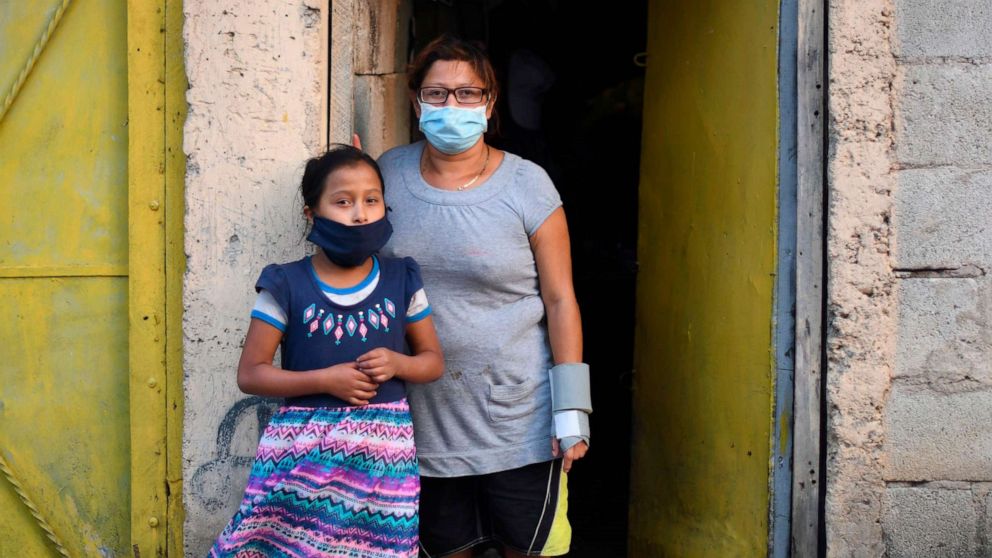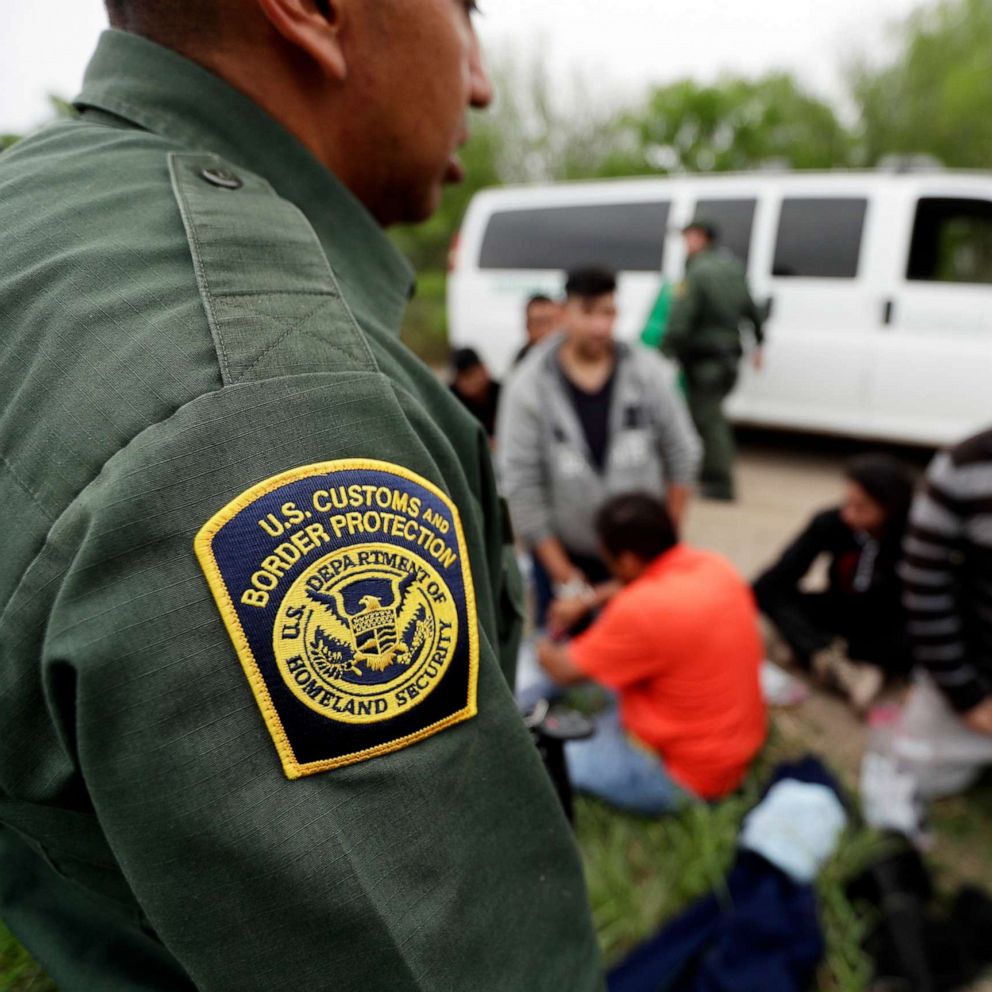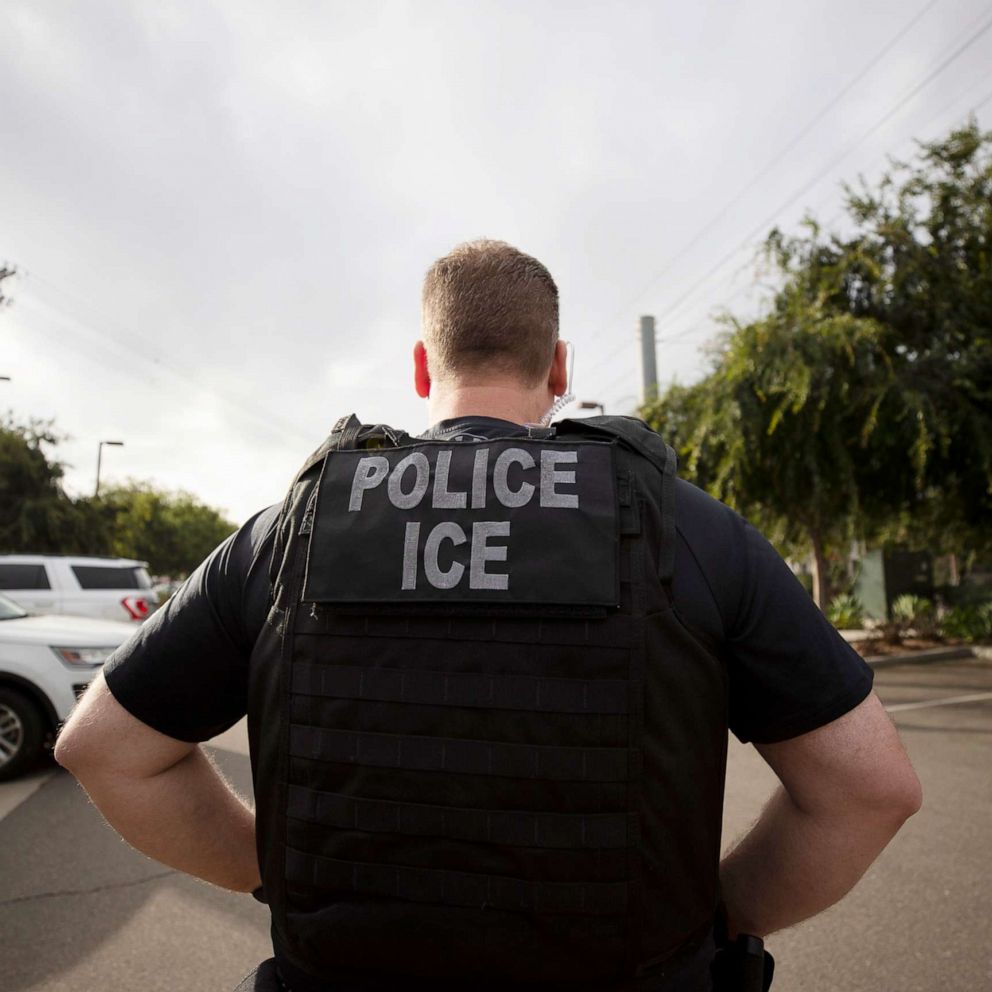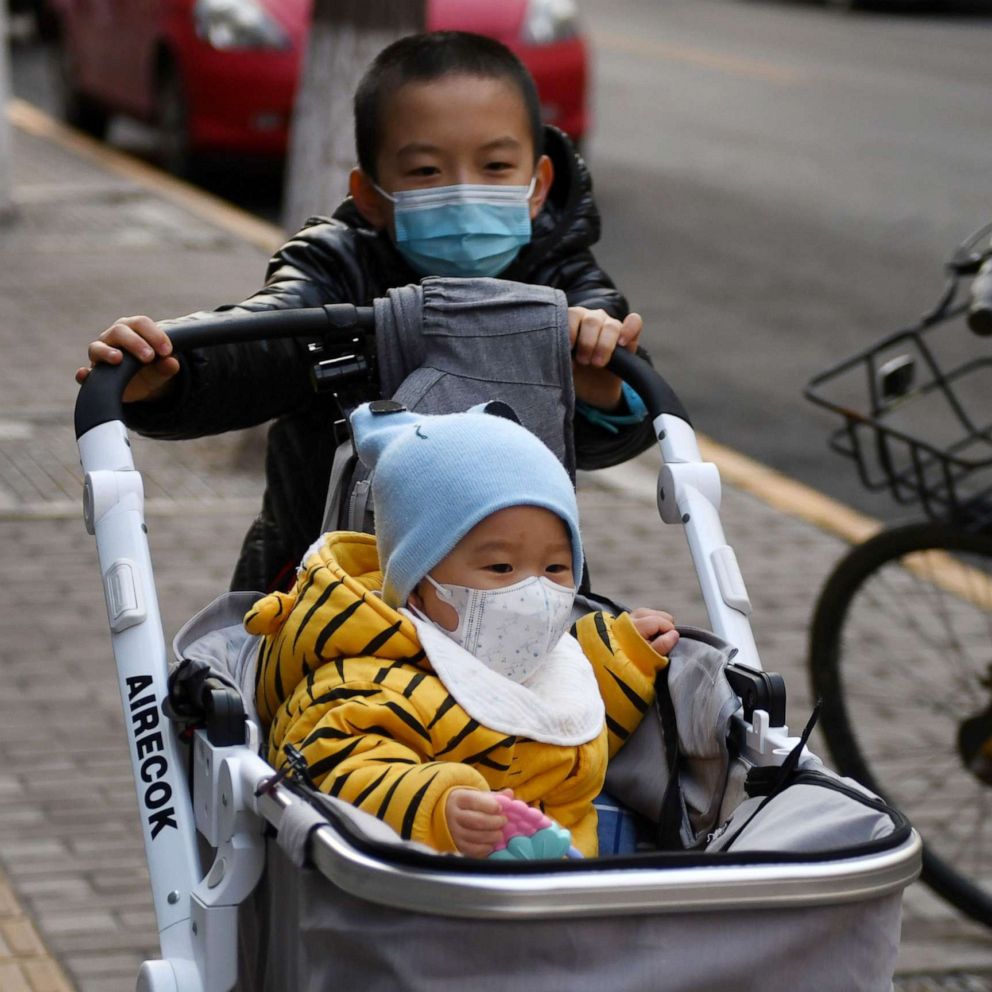75% of migrants deported to Guatemala on single flight tested positive for coronavirus: Health minister
A single deportation flight to Guatemala by the U.S. government saw more than 75% of the migrants later test positive for novel coronavirus, the country's health minister told reporters on Tuesday.
Guatemala, along with El Salvador, Honduras and Mexico, has urged the U.S. to halt removals and deportations or take other steps to stop the virus' spread from the U.S., now the epicenter of the pandemic.
But last Friday, President Donald Trump instead signed a memorandum to authorize sanctions against any country that doesn't accept removals from the U.S. -- a threat to all four countries, despite concerns about the ability of their fragile health systems to handle severe outbreaks.
The Guatemalan government has said that so far, four Guatemalans deported from the U.S. have tested positive for COVID-19, according to The Associated Press.
But Health Minister Hugo Monroy suggested Tuesday that a recent spike in cases was because of deportations from the U.S. On one flight, more than 75% of migrants later tested positive, he said, adding he couldn't specify because of security reasons.
He also suggested that between 50% and 75% of all migrants deported from the U.S. recently have tested positive, without specifying what time frame he was talking about or providing a total number, but he later walked that back, saying he was referring to one flight.
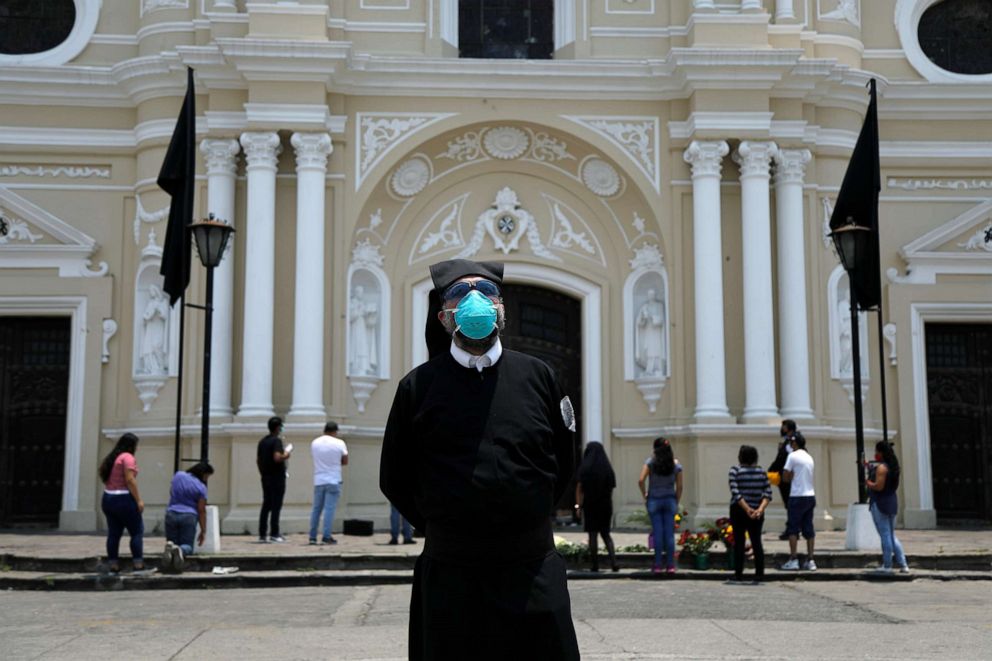
The country's Ministry of Public Health and Social Assistance has reported 180 cases in total, with five deaths. If Monroy is correct, it could mean dozens of Guatemala's cases are tied to U.S. deportations.
"There are really flights where the deportees arrive ... citizens who come with fever, and they get on the planes that way," Monroy said. "We automatically evaluate them here and test them and many of them have come back positive."
U.S. Immigration and Customs Enforcement did not respond to request for comment Tuesday. Deportation flights resumed Monday with 182 migrants on two separate flights, according to the AP, after a week-long pause because of concerns that deportees were carrying the virus.
An ICE spokesperson previously told ABC News that the agency does not deport ill detainees and conducts a "visual screening" and temperature check before deportation, ensuring a deportee's temperature is below 100.4 degrees.
But in at least one instance, a Guatemalan national deported on March 26 by ICE did not show symptoms until he arrived in his home country. With dozens of other migrants on board his U.S. government flight, it's possible he infected others then or while he was being processed into the country.
To date, at least 77 migrants in ICE custody in the U.S. have tested positive for COVID-19, with the agency announcing Tuesday it would temporarily release 693 detainees deemed low risks to public safety as it moves to stop the virus' spread among immigrants and its staff -- 101 of whom have also tested positive.
The U.S. has over 609,000 cases of the new coronavirus, exponentially more than its poorer southern neighbors -- with 5,399 in Mexico, 419 in Honduras, 180 in Guatemala and 149 in El Salvador.
The three Central American countries' governments have taken aggressive steps to lock down their borders and limit travel domestically, even making it difficult for hundreds of Americans there on vacation, for business, or on mission trips, to get home. But authorities in all three countries know that their already impoverished health systems would buckle under any strain, unable to handle mass outbreaks.
Despite pleas for the U.S. to help, including by halting deportations, the White House announced late Friday that President Donald Trump signed a new memo allowing the State Department and Homeland Security to issue visa bans for officials from countries that refuse to accept removed immigrants.
This authority is often used for countries that don't accept their deportees, but to exercise it during a pandemic has drawn criticism.
"Unless deportees have access to testing prior to boarding the plane, there is no guarantee that they are not at risk of spreading the virus to others on the plane or to their families once they arrive home. Continuing to deport sick people who lack access to health care, a financial safety net or even basic necessities like potable water once they arrive in Guatemala is irresponsible and places unnecessary risks on some of the most vulnerable," said Rachel Schmidtke, Latin America advocate for Refugees International.
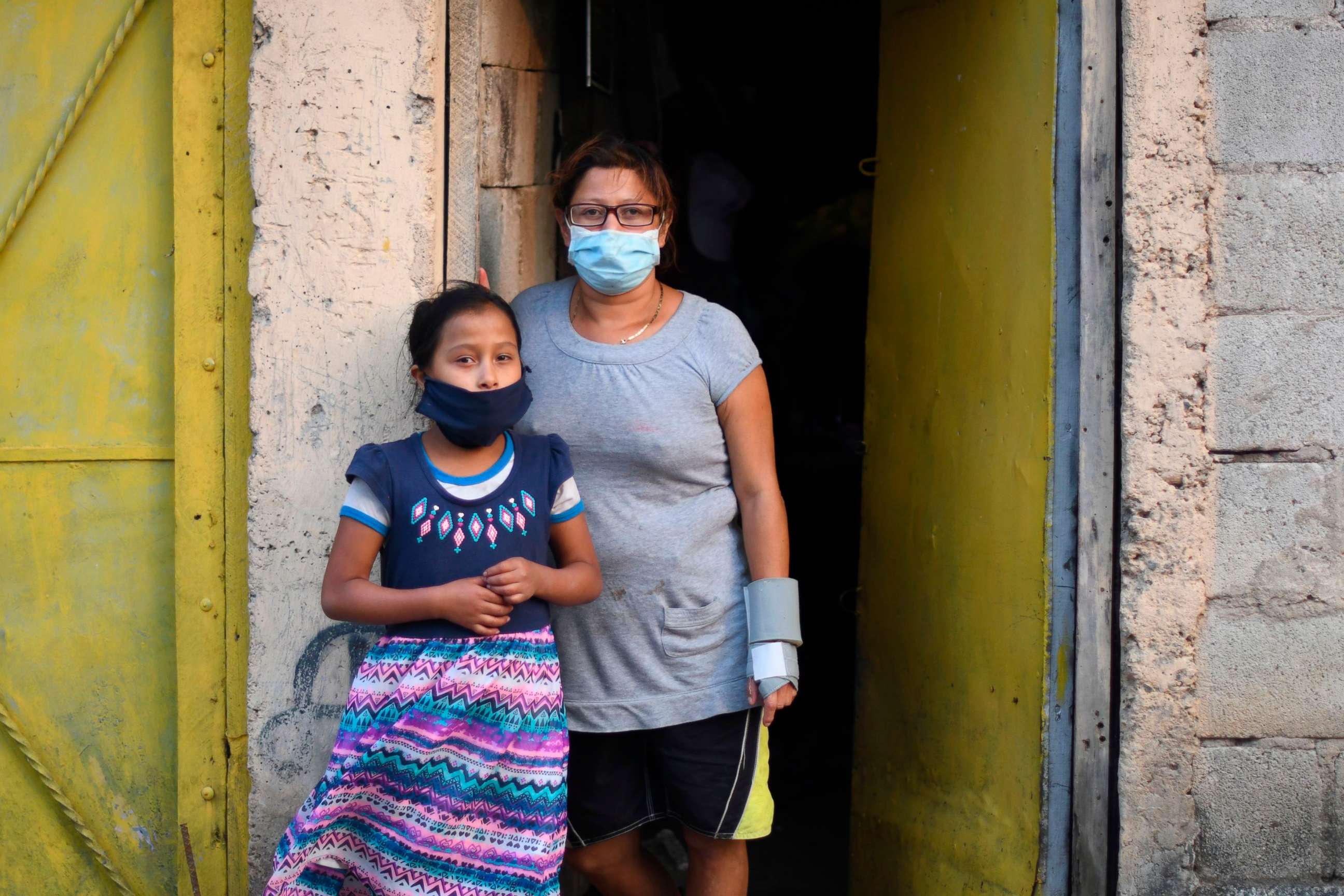
A State Department spokesperson declined to comment on "diplomatic discussions" with these countries and referred questions to ICE and its parent agency, the Department of Homeland Security.
But the department did announce Monday that it would resume $258 million in funding for the three Central American countries, sometimes known as the Northern Triangle.
That new carrot comes after the Trump administration's stick last year -- cutting funding to strong arm all three countries into asylum deals, where they agreed to accept asylum seekers from other countries who passed through their territory first.
Asylum seekers are migrants with a credible claim of fear of persecution in their home country who make their claim once in a "safe country," where an immigration court will adjudicate it. But in the U.S., the system is so backlogged, and the Trump administration has taken several steps to limit them, including narrowing the legal standard of who qualifies, sending migrants back across the border to Mexico to wait until their cases are heard, and, last year, reaching agreements to make El Salvador, Guatemala and Honduras "safe countries" despite their high rates of violence and gang activity.
The agreements face legal challenges in all three countries, leaving their implementation in limbo.
A State Department spokesperson told ABC News Tuesday that the resumed funding includes $66.5 million for El Salvador, $87 million for Guatemala and $71 million for Honduras to boost their law enforcement capabilities, create economic opportunity and help create asylum systems to process claims. An additional $33.3 million will be dedicated to "regional programming benefiting all three," with the ultimate goal of enhancing "our continued efforts to decrease illegal immigration to the United States."
ABC News' Quinn Owen contributed to this report.
